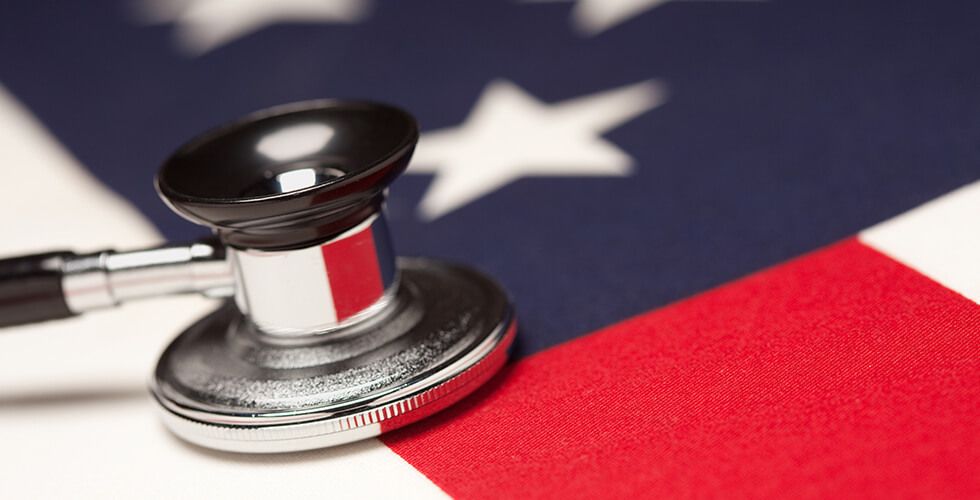
While Washington hesitates, Robert F. Kennedy Jr.’s Make America Healthy Again (MAHA) movement is surging across state capitols—earning bipartisan support and reshaping public health policy from the ground up. Nearly 900 MAHA-aligned bills have been introduced this year, targeting chronic disease by cleaning up America’s food supply, reducing chemical exposure, and empowering personal health freedom.
From Republican-led Texas and Florida to Democratic strongholds like New York and Massachusetts, lawmakers are embracing Kennedy’s vision. Proposals include banning dangerous synthetic food dyes, restricting ultraprocessed foods in schools, curbing harmful pesticides, expanding access to alternative treatments, and ending water fluoridation. Texas made history by requiring warning labels on foods containing certain dyes, while New York is leading efforts to limit sugary and processed products statewide.
Kennedy’s multistate tour has galvanized local leaders, bridging partisan divides on core health issues. Republicans have championed SNAP reforms to remove soda and candy from taxpayer-funded programs, while Democrats push soda taxes and stricter additive bans. Across party lines, there’s growing momentum to protect children from harmful chemicals, promote nutritional integrity, and safeguard mental health by limiting addictive digital content.
Critics in the public health establishment dismiss some MAHA policies as controversial, but the surge of state-level action suggests otherwise. The grassroots demand for cleaner food, fewer toxins, and more medical choice reflects a cultural shift—one that industry lobbyists are struggling to contain.
As one health policy strategist noted, MAHA’s momentum will outlast any political administration. With statehouses serving as America’s laboratories for reform, RFK Jr.’s agenda is proving that real change doesn’t wait for Congress—it starts with the people, in the states, and works its way to the top.

